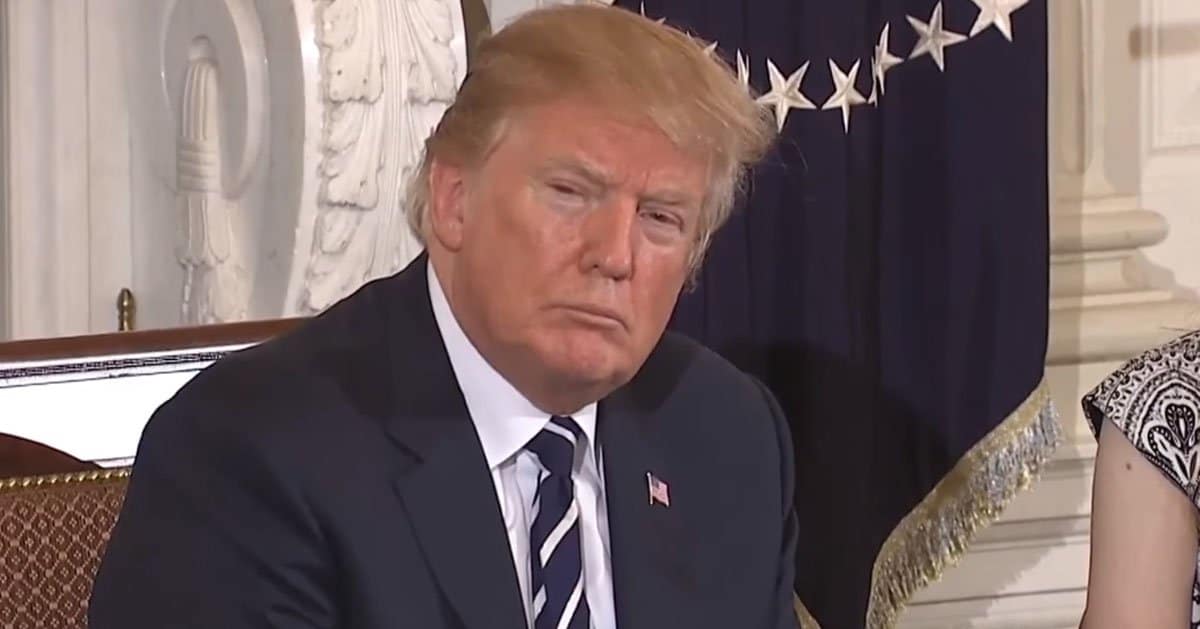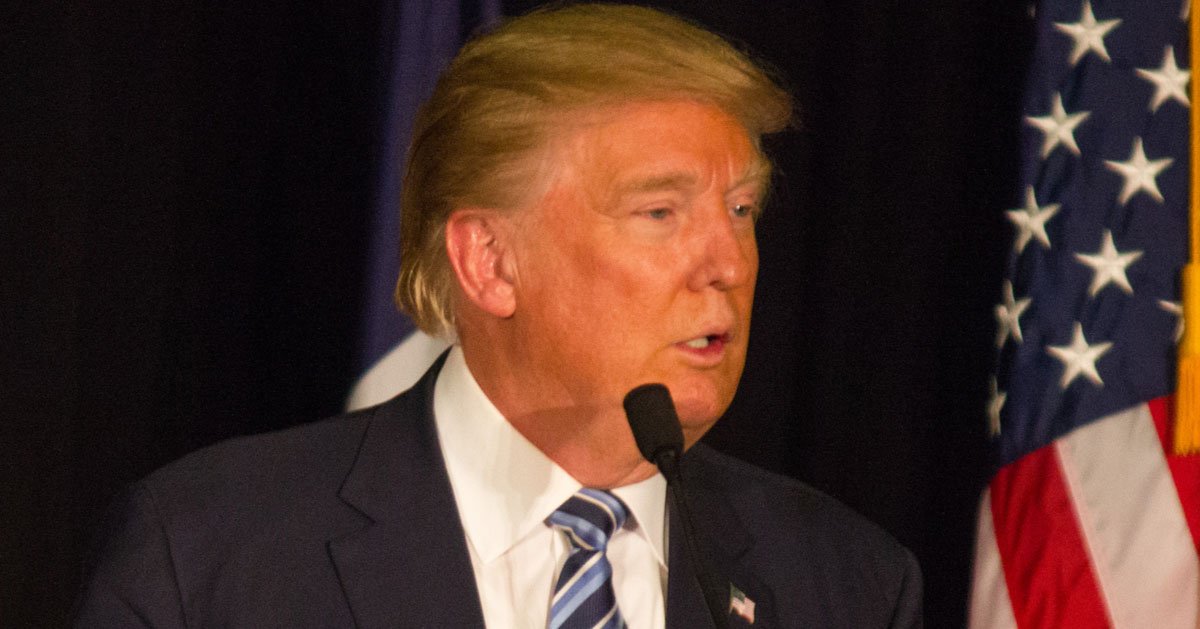








A federal judge’s ruling against Alina Habba’s appointment as acting U.S. attorney for New Jersey has ignited a firestorm, with the Department of Justice vowing to fight back.
Breitbart reported that U.S. District Judge Matthew W. Brann declared Habba’s role unlawful, siding with two criminal defendants who challenged her position. The decision has stirred up a broader debate about Senate delays and executive authority.
President Donald Trump tapped Habba as counselor to the president in December before naming her acting U.S. attorney for New Jersey in March.
Two New Jersey criminal defendants argued that their appointment violated constitutional norms, prompting Brann’s ruling. The DOJ, led by Attorney General Pam Bondi, announced an immediate appeal to defend Habba’s position.
Bondi took to X on Thursday, declaring, “We will immediately appeal.” She praised Habba’s “incredible work” and slammed the ruling as an “activist judicial attack.” Such fiery rhetoric from Bondi underscores the administration’s frustration with what it sees as overreaching judges undermining Trump’s picks.
Brann’s ruling didn’t mince words, stating, “The Executive branch has perpetuated Alina Habba’s appointment… through a novel series of legal and personnel moves.”
He argued Habba lacks the legal standing to serve as acting U.S. attorney. This judicial slap-down smells like a targeted effort to kneecap a Trump loyalist, though Brann’s point about constitutional limits carries weight.
Brann further ruled that Habba “is not currently qualified” to perform the duties of the office, disqualifying her from ongoing cases.
The judge’s blunt verdict effectively sidelines Habba, raising questions about the administration’s strategy for interim appointments. Yet, the DOJ’s swift appeal suggests confidence in overturning what it views as a politically motivated decision.
In July, district court judges voted to replace Habba with her top assistant, Desiree Grace, after her 120-day interim period expired.
The DOJ promptly fired Grace hours later, signaling zero tolerance for judicial interference. This tit-for-tat escalation highlights the growing tension between the judiciary and the executive branch.
Trump nominated Habba for the full four-year U.S. attorney term in July, but the Senate has hit a wall. New Jersey’s Democratic senators, Cory Booker and Andy Kim, have refused to support her nomination. Their opposition, rooted in Senate tradition, has stalled Habba’s confirmation process.
Senate Judiciary Committee Chairman Chuck Grassley has not advanced Habba’s nomination, citing the lack of “blue slips” from Booker and Kim. Grassley’s adherence to this unwritten rule has drawn Trump’s ire, who called it a “problem” solvable with “a mere flick of the pen.” Trump’s jab at Grassley reveals frustration with Senate Republicans' slow-walking his agenda.
Grassley fired back, saying he was “offended” by Trump’s personal insults over the blue slip issue. The senator’s defensiveness shows how even GOP allies can clash with Trump’s push for loyalty. This public spat risks fracturing Republican unity at a critical juncture.
Habba herself didn’t hold back, accusing Booker and Kim of doing “a disservice” by refusing to meet her. “I have never… spoken to [them], despite my attempts,” she said, painting the senators as obstructionists. Her defiance signals she’s not backing down from the fight.
Habba also aimed at Grassley, calling the blue slip tradition “not a law” and blaming it for blocking Trump’s picks. Her frustration is palpable, but slamming a powerful senator might not win her allies in the confirmation process. Still, her loyalty to Trump shines through as she vows to keep fighting.
“I am the pick of the president,” Habba declared, emphasizing her support from both Trump and Bondi. She promised to serve “in any capacity,” showing resilience in the face of setbacks. Habba’s tenacity could rally Trump’s base, but it may not sway a skeptical Senate.
Habba’s legal woes come as a separate win emerged for Trump, with a civil fraud penalty in his New York case dismissed on Thursday.
This victory offers a glimmer of hope for Habba’s camp, with her proclaiming, “We will win.” The parallel to her own battle suggests confidence in overcoming judicial hurdles.
The controversy over Habba’s appointment exposes deeper fault lines in Washington’s power struggles. Senate Democrats' leveraging traditions like the blue slip to block Trump’s nominees reeks of partisan gridlock.
Yet, the judiciary’s role in checking executive overreach is a cornerstone of constitutional balance, making this a messy but necessary fight.



